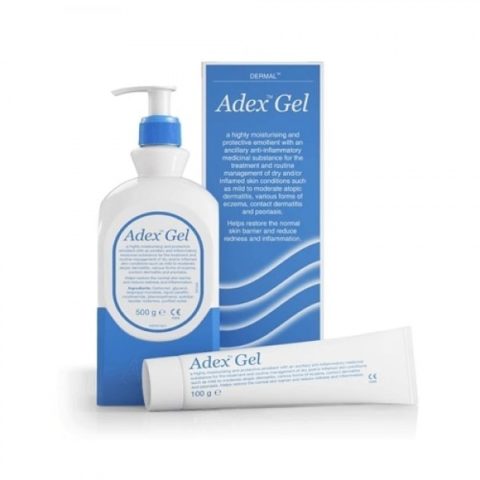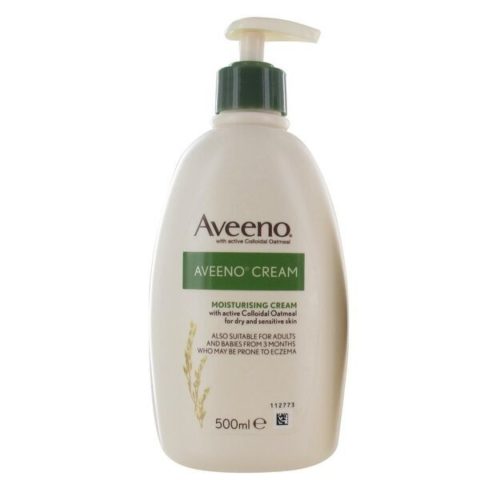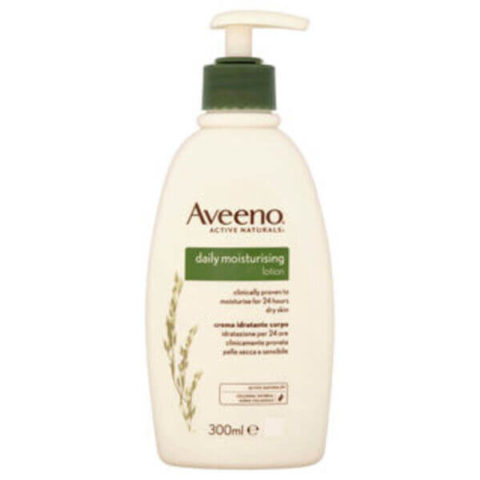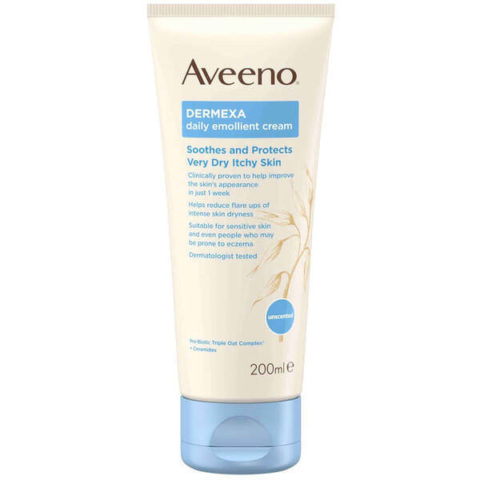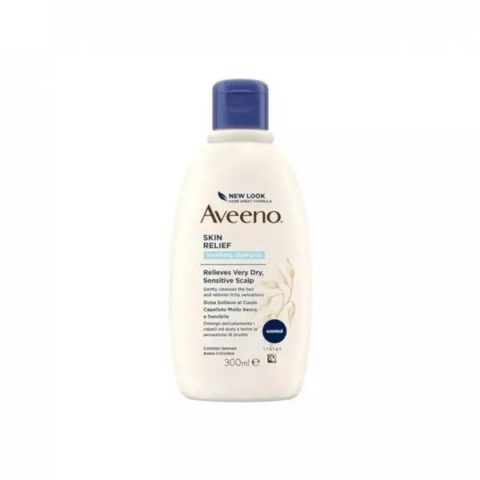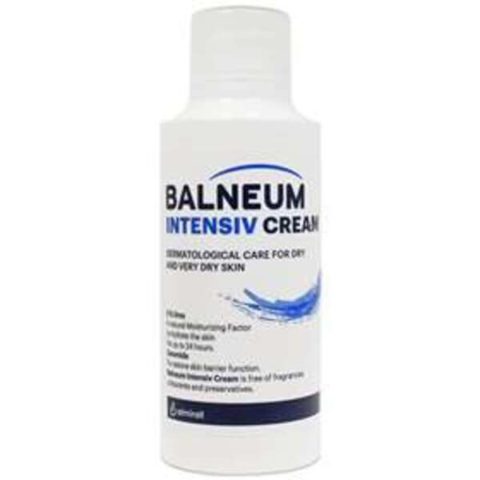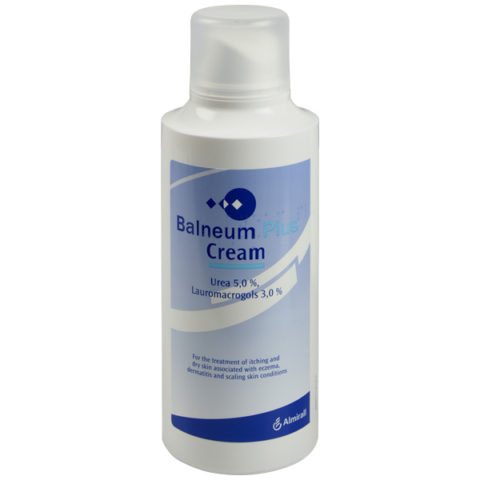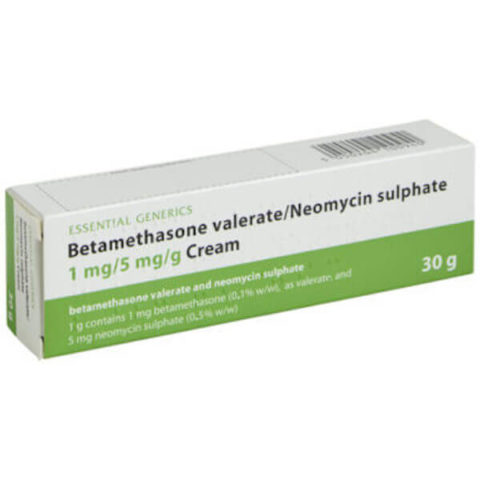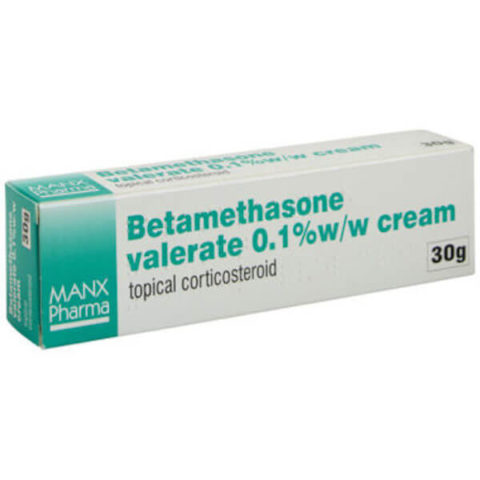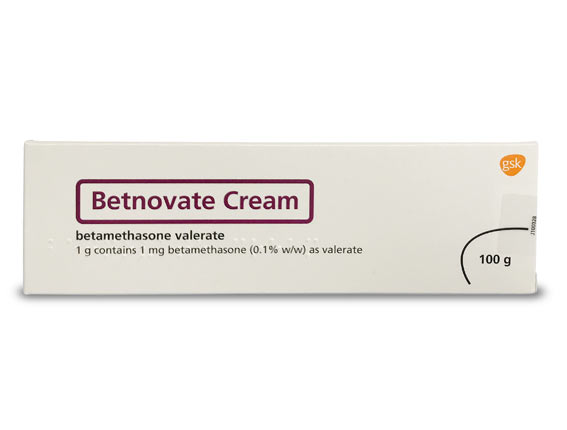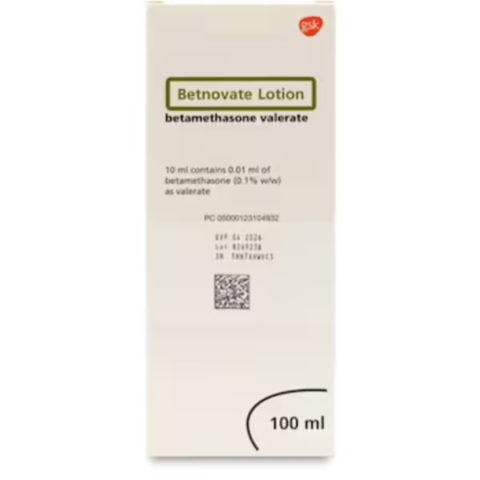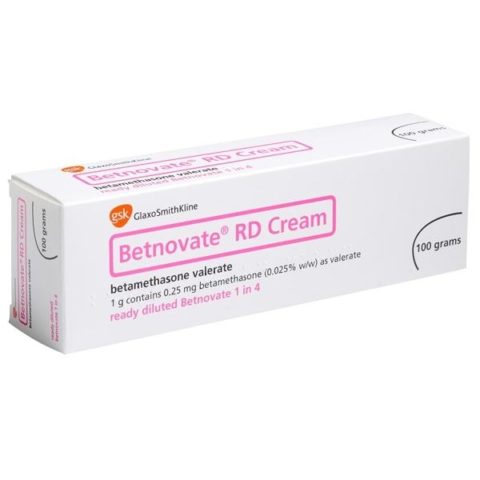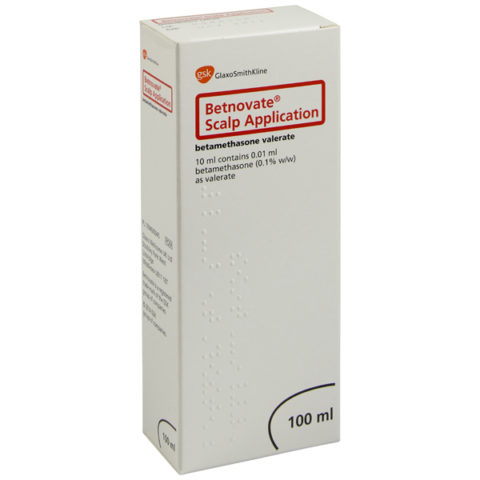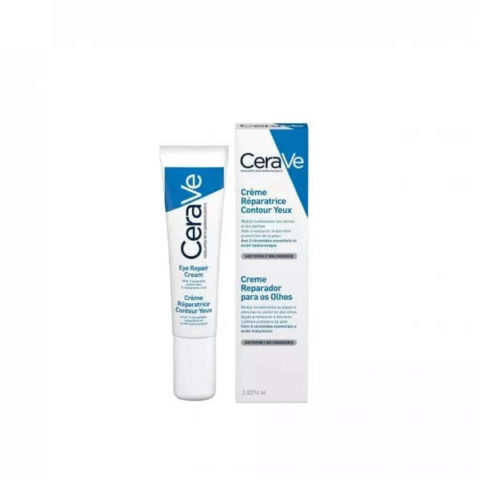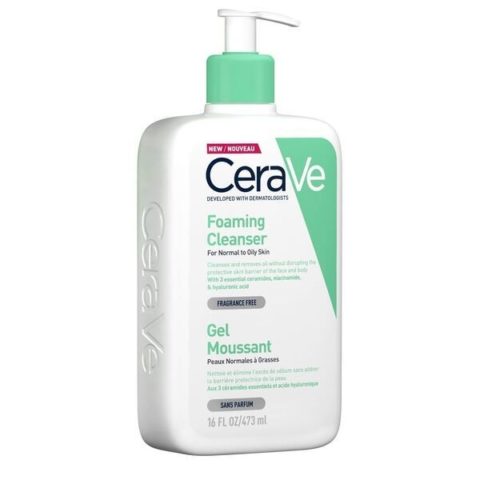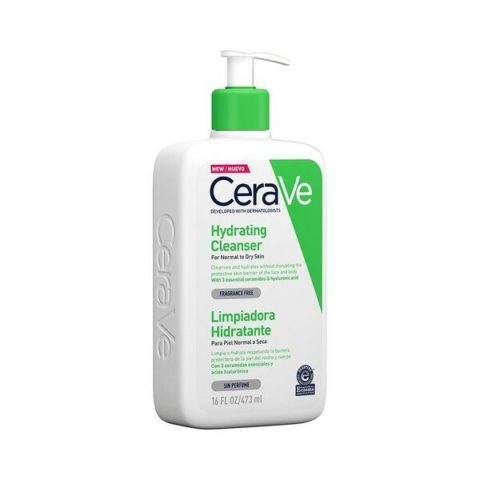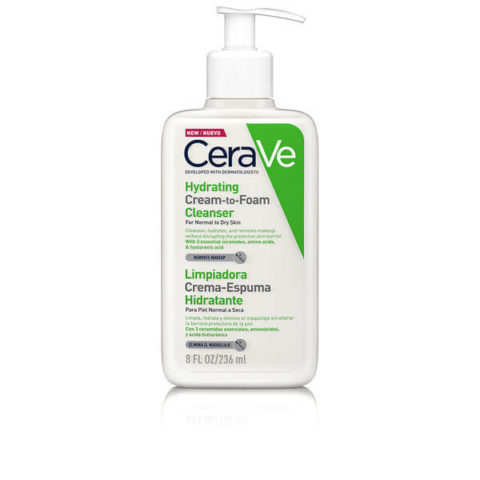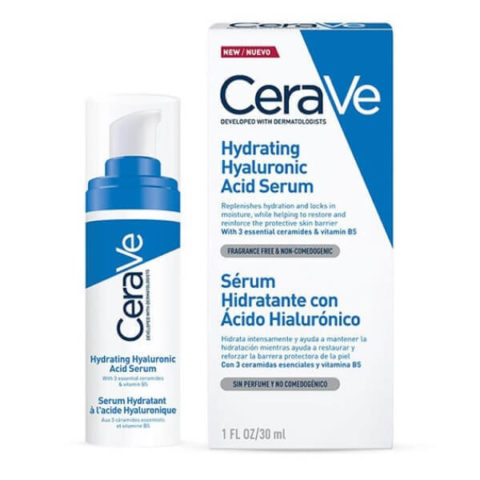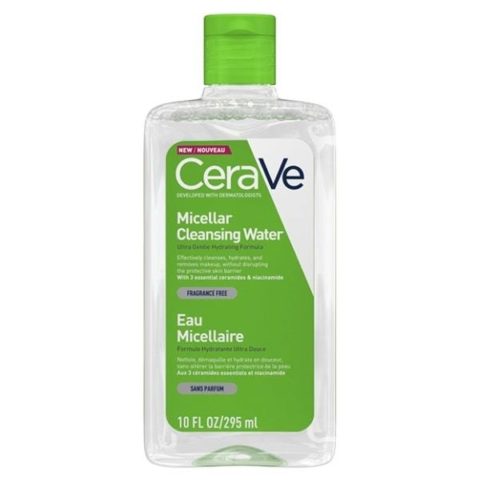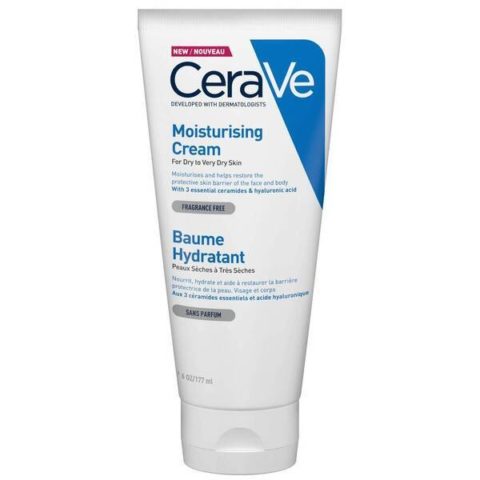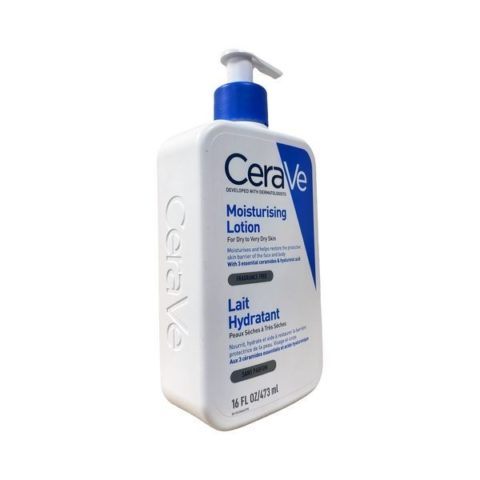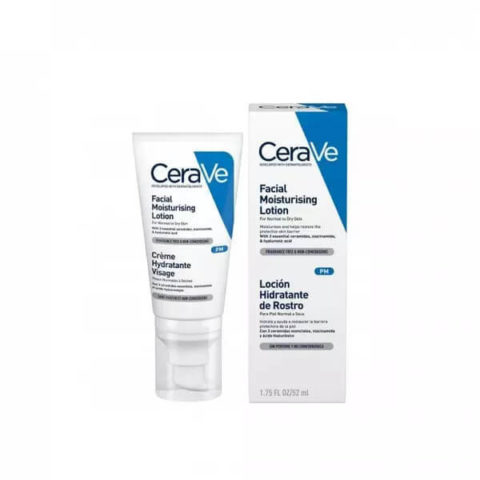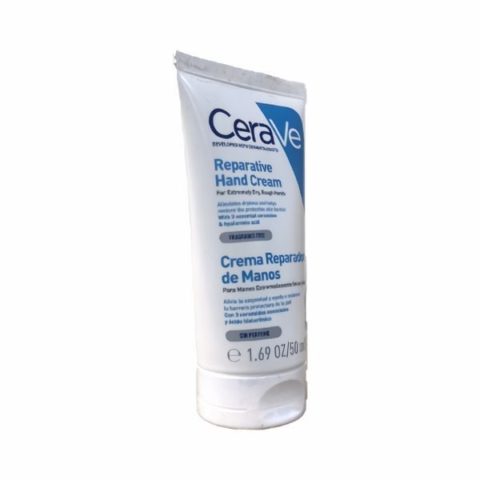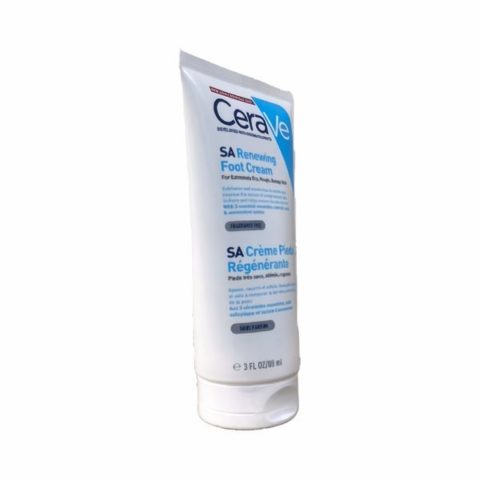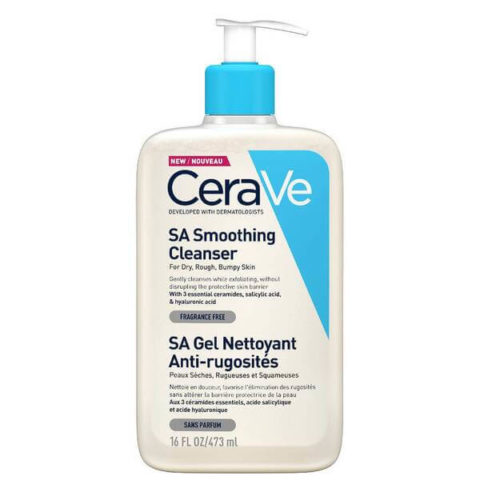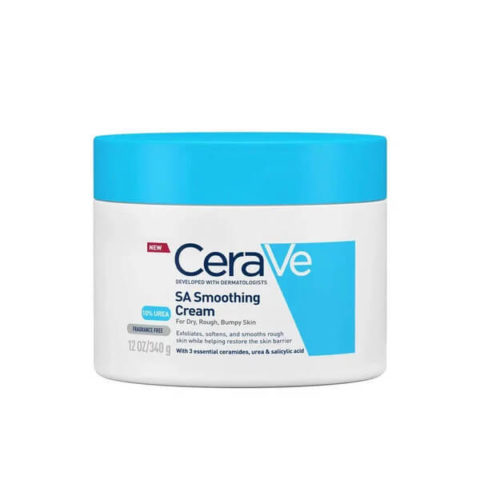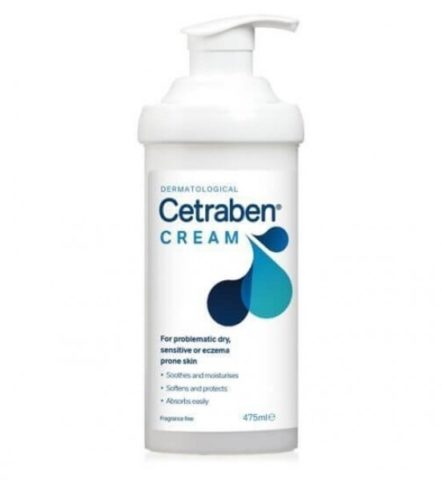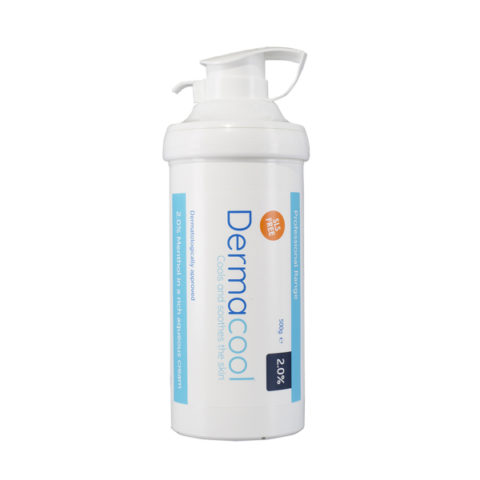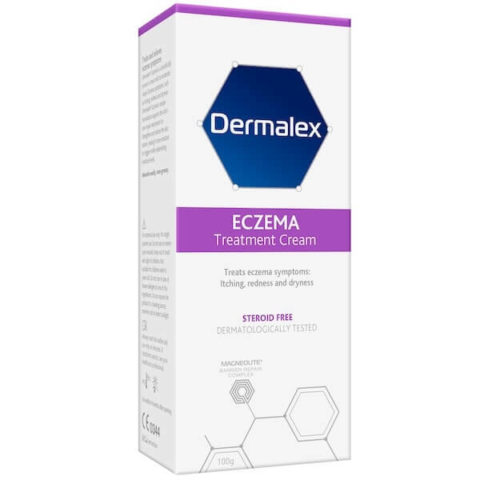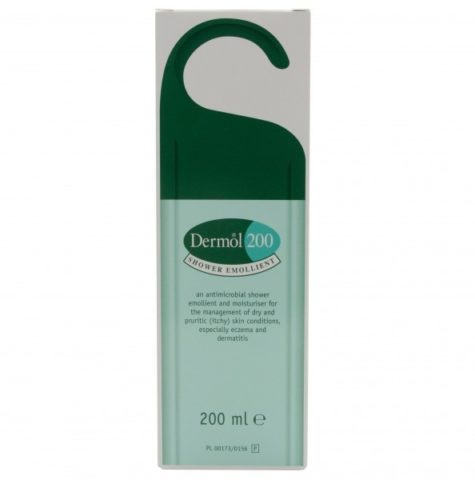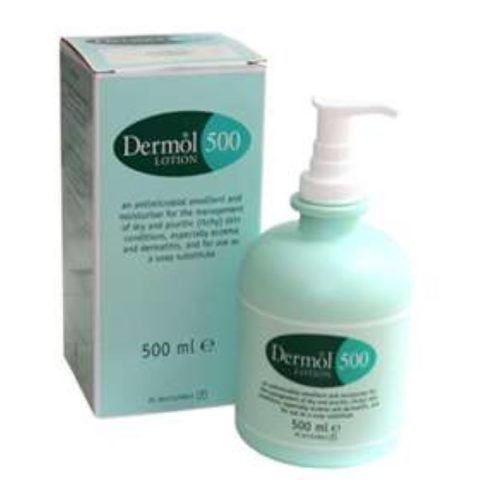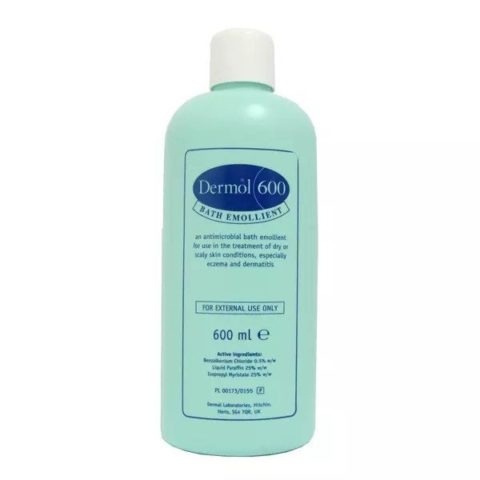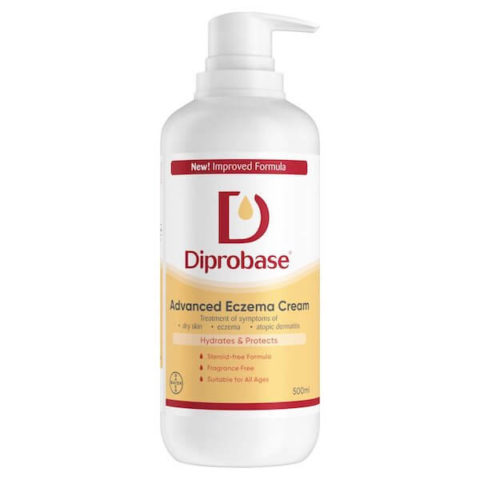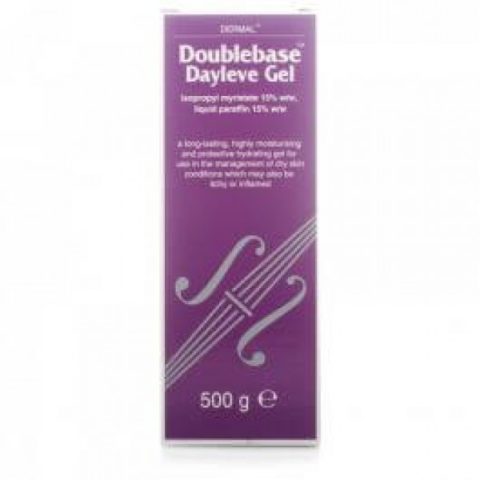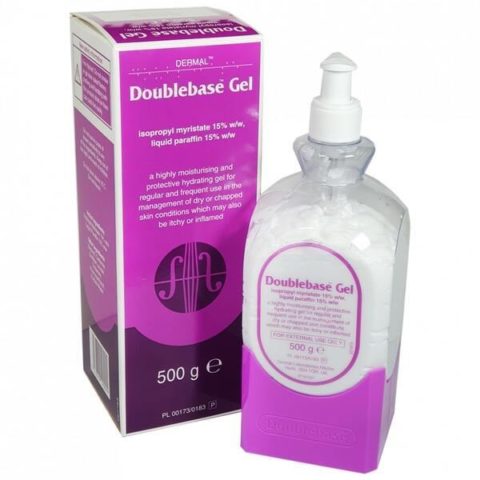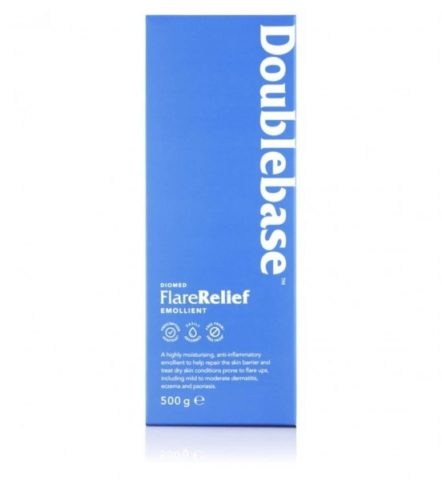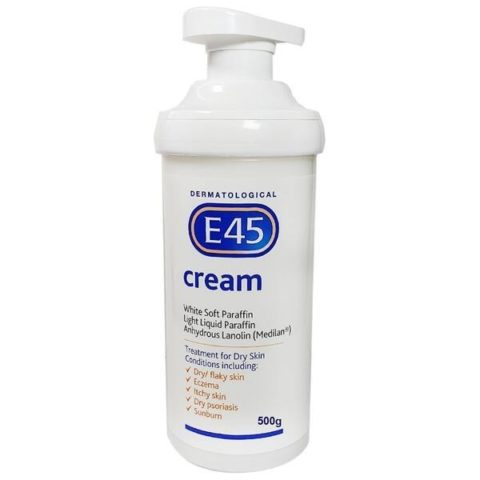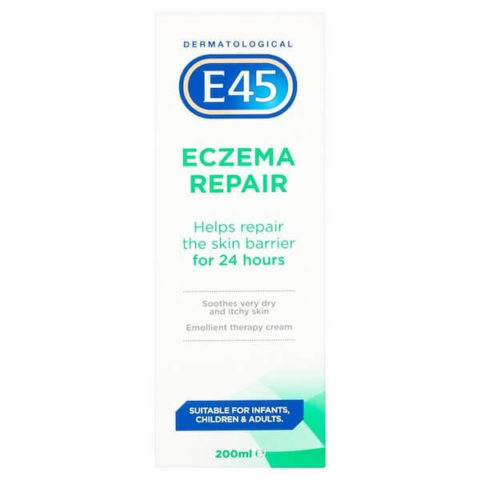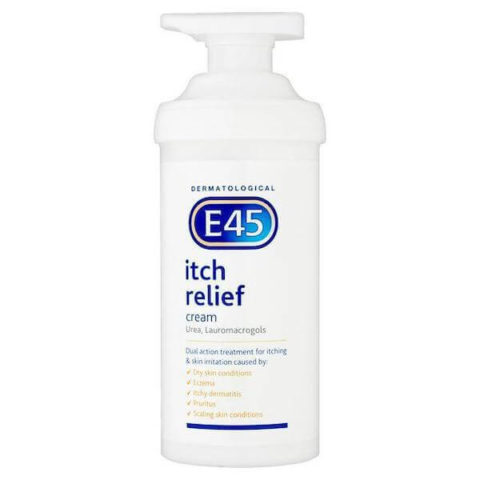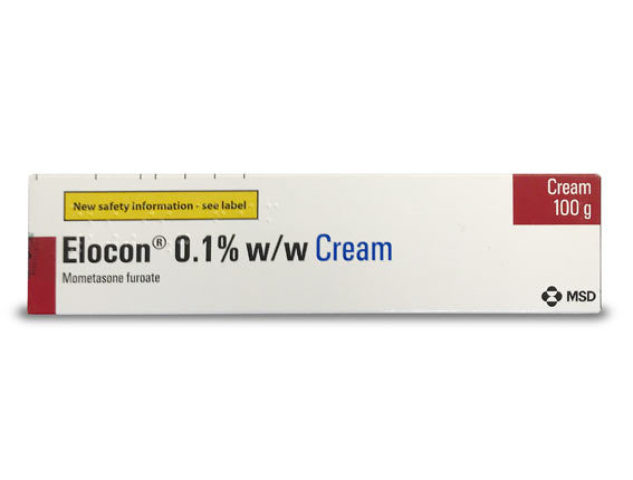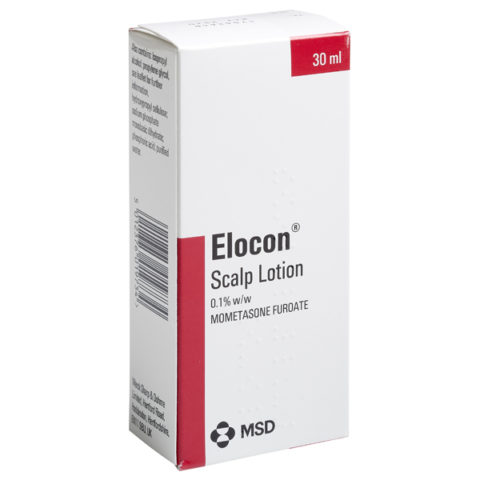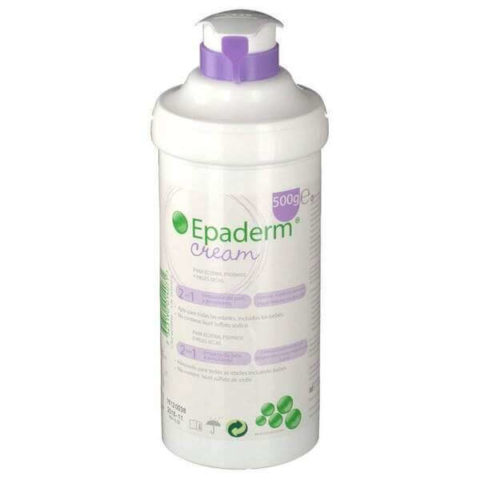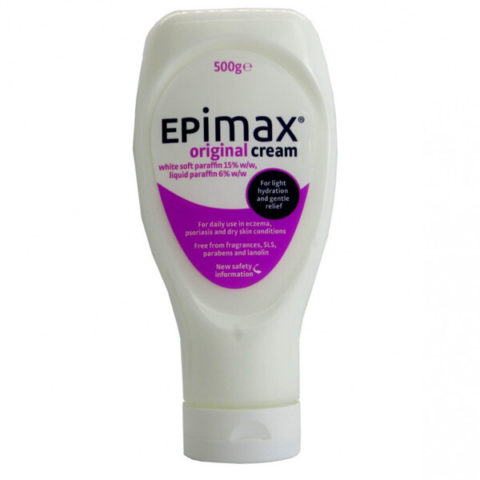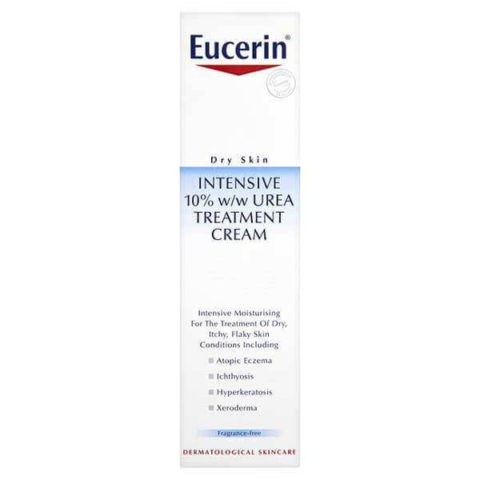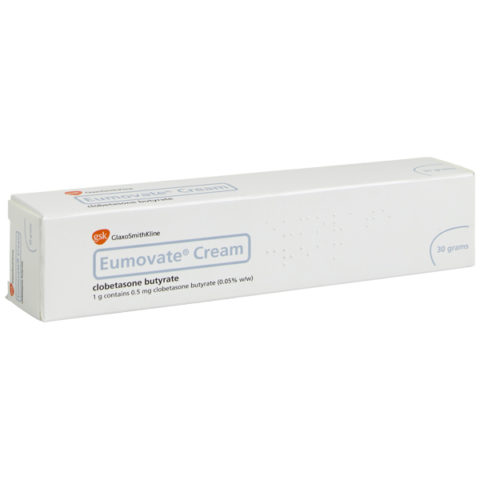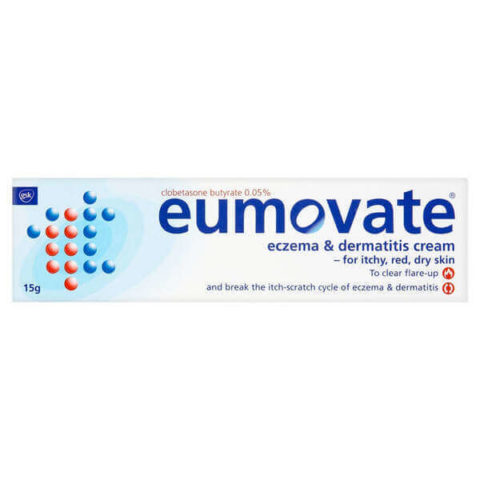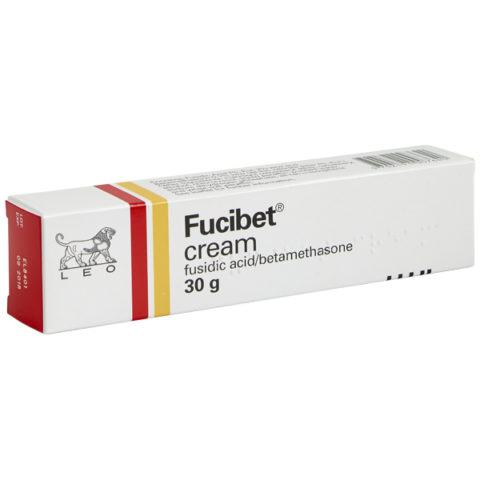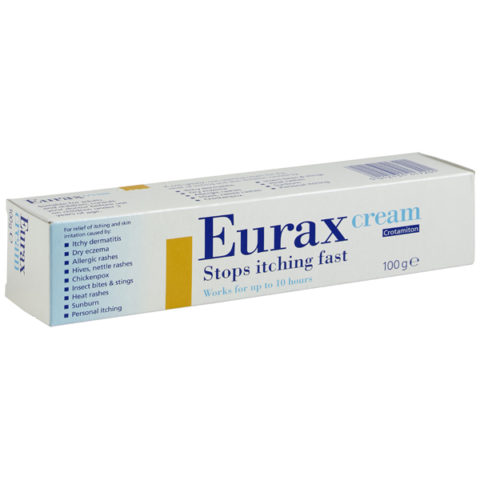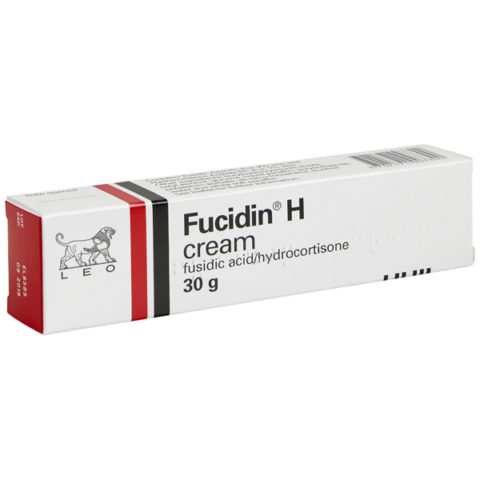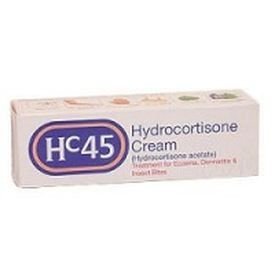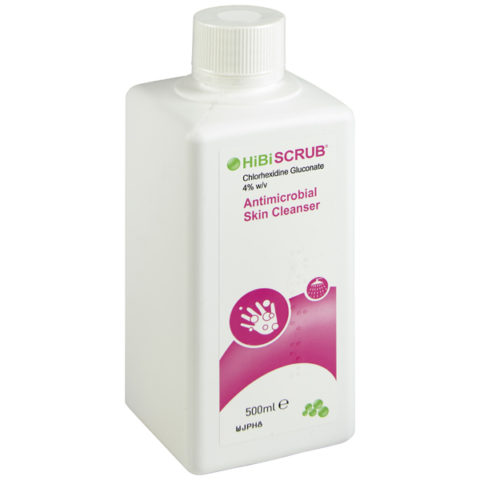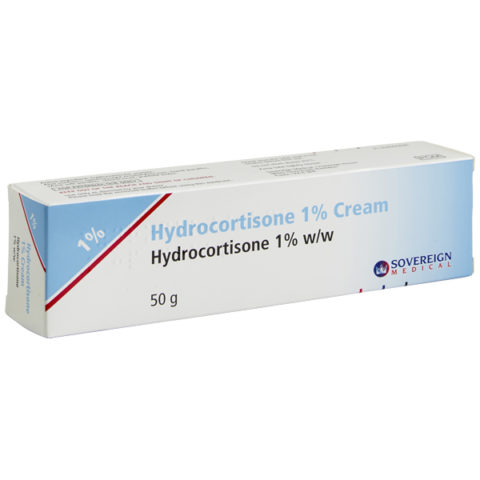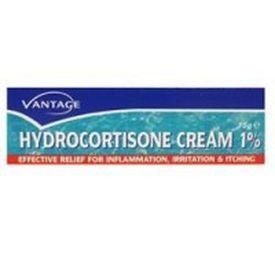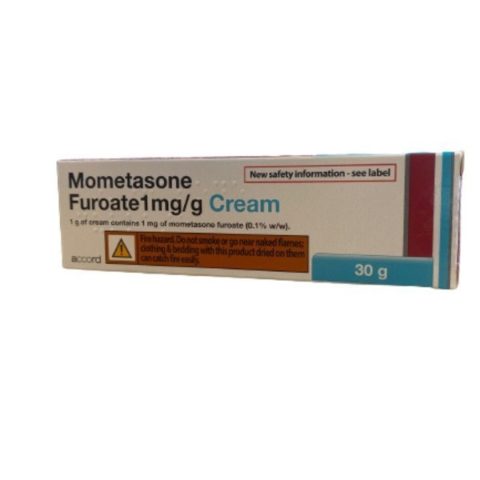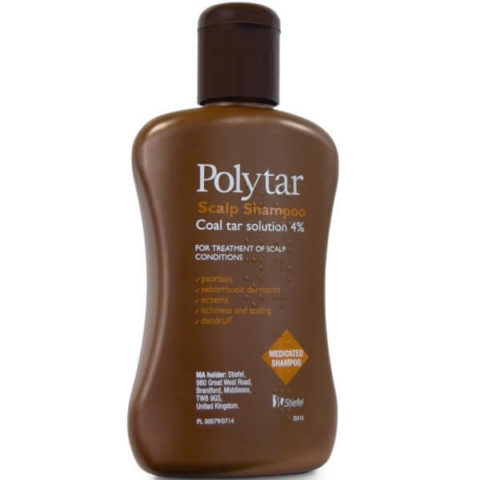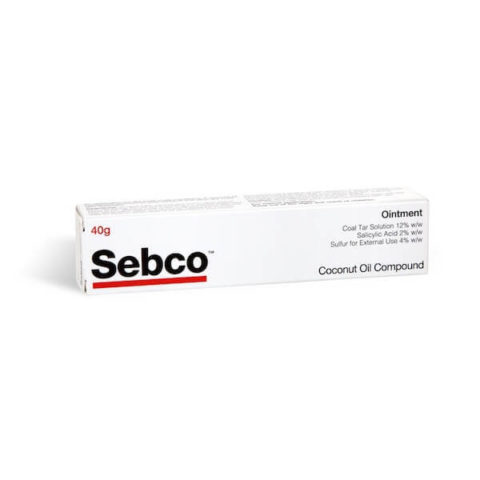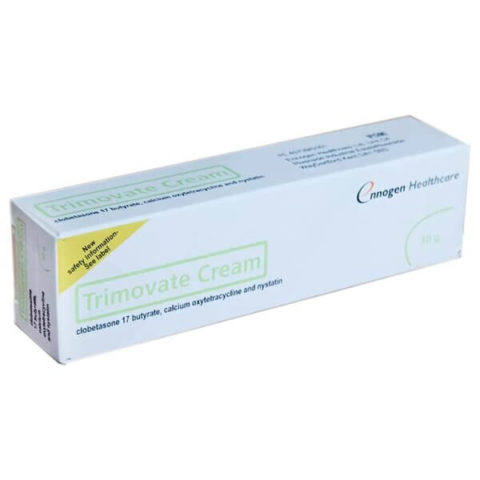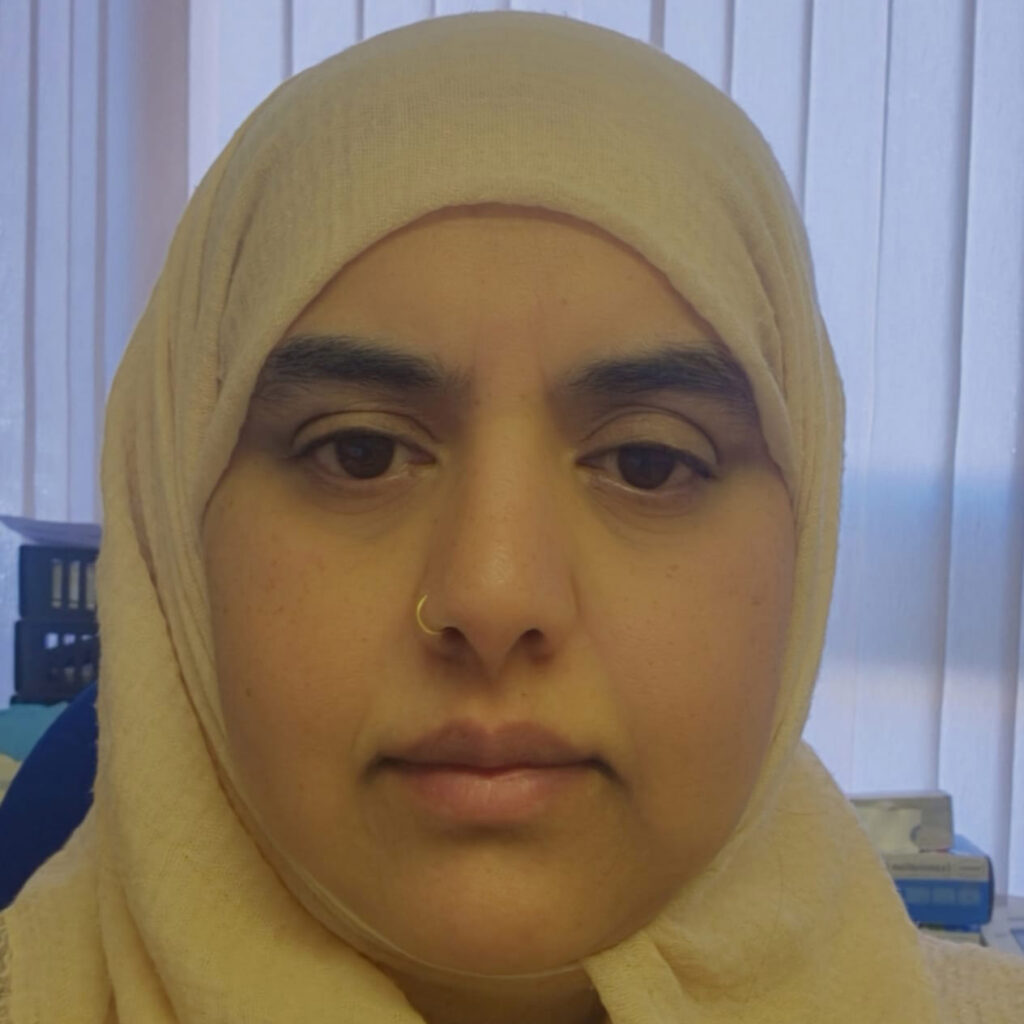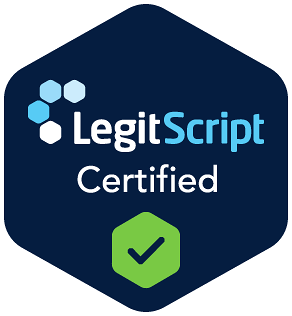About Eczema & Dermatitis
What is Eczema?
Eczema is a chronic skin condition that causes dry, itchy, and inflamed skin. It is also known as atopic dermatitis. There are several different types of eczema with unique characteristics. The main types are:
Atopic Eczema
Atopic eczema is often linked to a genetic predisposition and is commonly associated with other atopic disorders, such as asthma and hay fever. Environmental factors, skin barrier defects, and your immune system can also play a role. It is characterised by dry, itchy skin and typically starts in childhood.
Dyshidrotic Eczema (Pompholyx)
The exact cause of dyshidrotic eczema (also known as Pompholyx) is unknown, but it’s often linked to seasonal allergies, stress, and moist hands and feet. It appears as small blisters on hands and feet and may also be associated with other skin conditions.
Nummular Eczema
Nummular eczema is usually triggered by skin injuries like burns, abrasions, or insect bites. Dry skin, particularly during winter months, can also lead to nummular eczema. It typically presents as round, coin-shaped spots on the skin that are very itchy.
Eczema Symptoms
If eczema is flaring up, there will be warning signs on the skin. Knowing these common symptoms can help you notice when your condition is getting worse. Paying attention helps manage eczema better.
Common symptoms of eczema include:
- Intense itching and discomfort of the skin
- Dry, sensitive skin that feels lacking in moisture
- Inflamed, discoloured patches that take on a reddish or brownish hue
- Rough, leathery skin appearing scaly over patches
- Scaling developing in affected areas
- In more severe cases, oozing or crusty lesions form on the skin
- Swelling of inflamed regions causing puffiness
Eczema can appear all over the body, though typically in adults, common locations are the hands, especially fingers. In children, eczema often affects inside elbows and backs of knees. Children and adolescents may also see it on faces and scalps. Among children with brown or black skin, outsides of elbows and fronts of knees are common.
What causes Eczema?
Understanding what triggers eczema helps to better manage the condition. Different factors can cause flare-ups, and these vary from person to person:
- Soaps and Detergents: These products can remove natural oils from the skin, making it dry and susceptible to irritation, which can lead to eczema flare-ups.
- Materials: Certain materials, like metals, wool or synthetic fibres, can irritate the skin.
- Stress: High levels of stress can negatively affect the skin, often exacerbating eczema symptoms.
- Weather Changes: Extreme weather, be it cold and dry or hot and humid, can affect skin moisture and irritate eczema.
- Foods: For some, certain foods such as dairy, nuts, eggs, or soy can trigger an immune response that leads to eczema flare-ups.
- Allergens: Common allergens like dust mites, pet fur, and pollen can trigger eczema in sensitive individuals.
The exact cause of eczema is unknown, but it is believed to involve a combination of genetic and environmental factors.
Genetics
If your parents have eczema, you are more likely to develop it too as a result of the genes you inherit from them. A 2015 study found that the chance of inheriting eczema is approximately 75%, where children with one or both parents affected by eczema or who have siblings with the condition are more prone to developing eczema themselves compared to children without a family history of the skin problem.
This increased likelihood is thought to be because eczema often runs in families due to genetic factors like shared mutated genes that protect your immune system.
Environment
Everyday items and materials in your environment may be triggering your eczema flares. Things like certain soaps, cleaning products, dyes or other chemicals you come into contact with through your work or personal care routines could be causing contact dermatitis and exacerbating symptoms.
If you work in a profession where you regularly handle potential irritants, like healthcare, mechanics, or custodial work, the things you touch on the job may be contributing to increased eczema flares.
How to treat Eczema
The most effective eczema treatments include a combination of lifestyle changes, skincare routines, and medical treatments, particularly during flare-ups.
For all types of eczema, treatment includes regular use of emollients and mild soaps helps relieve dry, itchy skin, repairs the natural skin barrier and prevents further inflammation.
- Atopic Eczema: Treatment focuses on reducing inflammation and relieving itching. This may include the use of topical corticosteroids and moisturisers.
- Dyshidrotic Eczema: Treatment includes topical steroids to reduce inflammation, and emollients to prevent dryness. Minimising stress and exposure to irritants is also recommended.
- Nummular Eczema: Topical steroids are commonly used to control inflammation and itching from nummular eczema. Keeping your skin well moisturised with medical creams, emollients or ointments is also required.
- Infected Eczema: Signs of infection in eczema include increased redness, swelling, and pus. For infected eczema, topical or oral antibiotics are required.
What is Dermatitis?
Dermatitis is a term used for various forms of skin inflammation. Whether triggered by external irritants or internal factors, it typically presents as red, swollen, and itchy skin. The main types of dermatitis are:
Contact Dermatitis
Contact dermatitis is triggered by skin contact with allergens like metals or fragrances, or irritants such as detergents or solvents. It results from either an allergic reaction or direct irritation of the skin, causing red, itchy, and inflamed skin.
Seborrheic Dermatitis
Seborrheic dermatitis is linked to an abnormal immune response to a yeast commonly found on the skin, and other factors like stress and cold, dry weather. It is more common in people with oily skin and commonly affects oily areas of the body, such as your scalp, eyebrows, ears and chest, leading to red, scaly, itchy skin. Seborrheic dermatitis can’t be cured but you can alleviate symptoms.
How to treat Dermatitis
Treating dermatitis often involves medical creams, emollients or gels to help moisturise the skin to relieve dryness. However, the type of dermatitis you have determines the best long-term treatment options.
- Contact Dermatitis: As contact dermatitis is caused by exposure to irritants or allergens, the most effective treatment is to remove contact or exposure. Topical steroids may be used to reduce inflammation, along with soothing emollients to repair skin.
- Seborrheic Dermatitis: Treatments focus on controlling yeast growth and reducing inflammation. This may include anti-fungal creams or shampoos, topical corticosteroids, and medicated cleansers. Managing stress and maintaining good skin hygiene can also help with long-term management.


